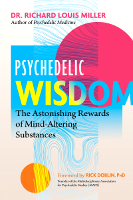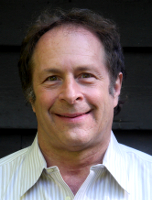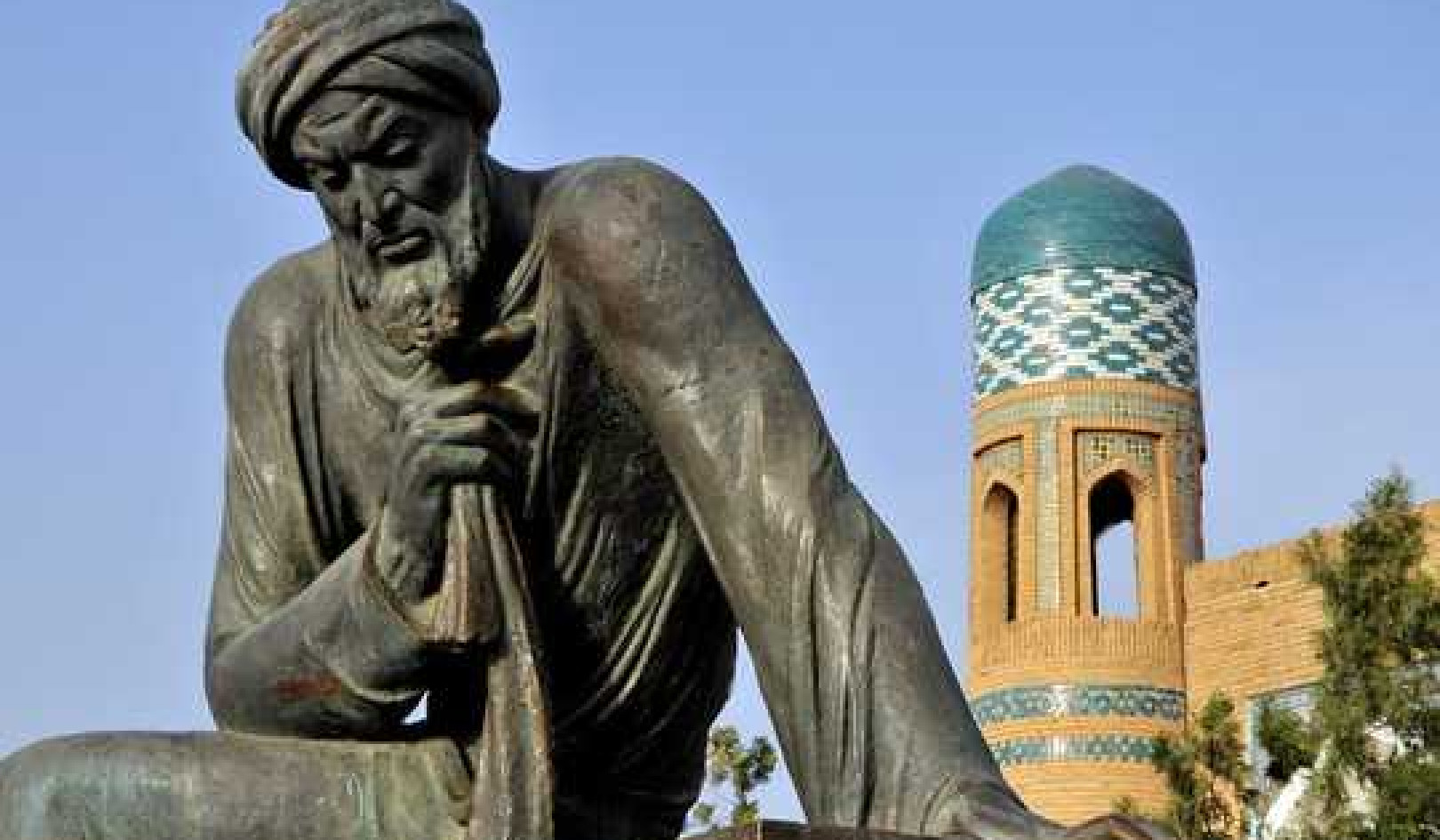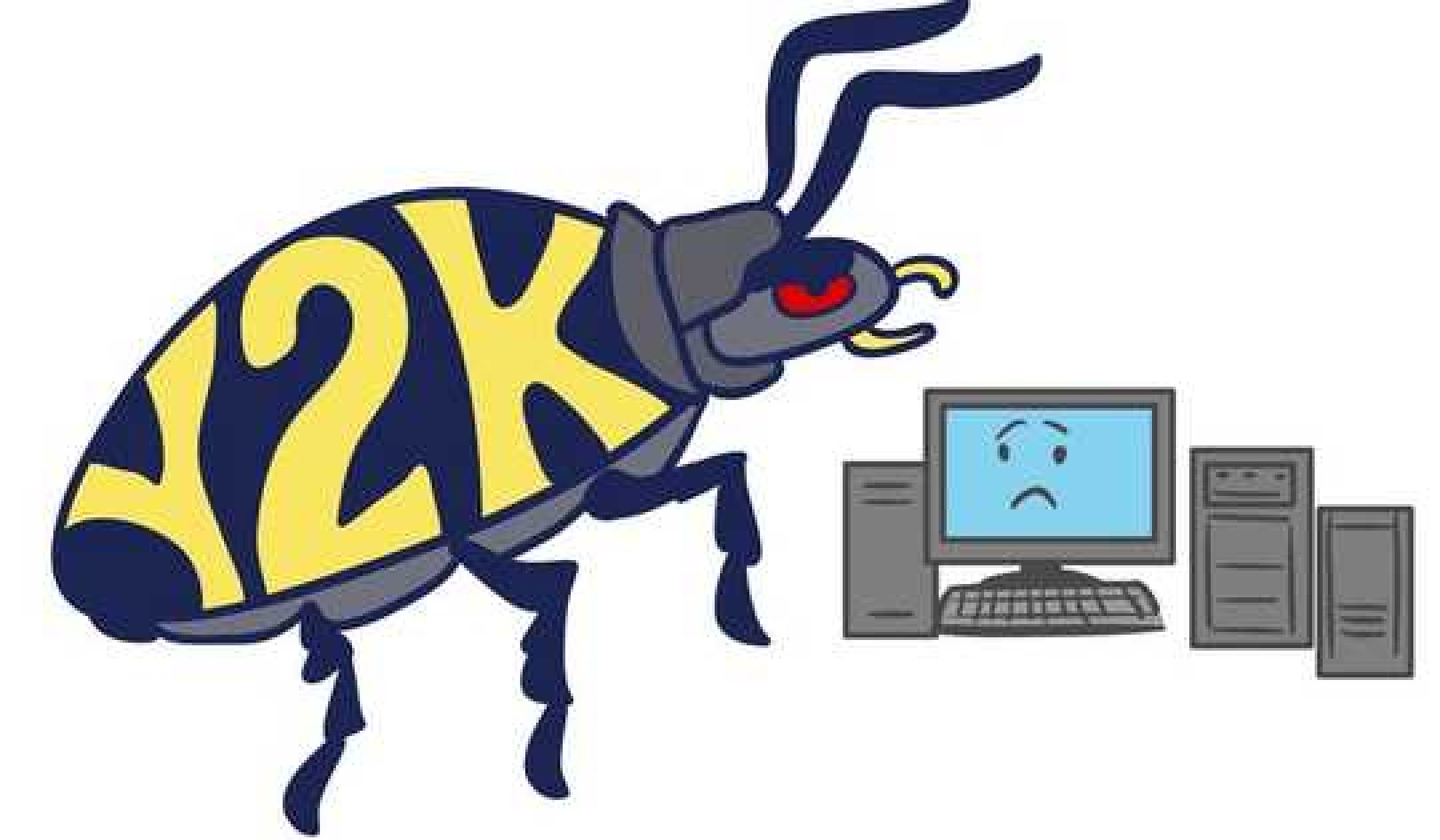
Image by Gordon Johnson. Background by FelixMittermeier.
In 1959, several years before he died, Carl Jung said,
“We need more psychology. We need more understanding of human nature, because the only real danger that exists is man himself. He is the great danger, and we are pitifully unaware of it. We know nothing of man. Far too little. His psyche should be studied because we are the origin of all coming evil.”
This mindset is inherent to humans; we identify ourselves as part of various kinds of groups based on tribe, race, nationality, religion, gender, sexual orientation, class, and so on, with some people inside your group and some people outside your group. While tribe or group identification is important and useful and is not itself inherently a problem, people too often devalue and even dehumanize those who are outside of their group. In the extreme, this can lead to economic exploitation, slavery, rape, murder, and genocide.
In contrast to this “othering,” the unitive mystical experiences that are frequently generated by the classic psychedelics can provide experiential confirmation of our essential commonality with all other people—indeed with all life on our planet—regardless of the ways we identify and divide ourselves. These unitive mystical experiences can potentially, but not in all situations, induce identification with and compassion for people who are different from us in some ways.
Nevertheless, culture and context are more determinative of attitude and behavior changes flowing from unitive mystical experiences than those experiences in and of themselves. One example is the patriarchal and homophobic attitudes of some South American syncretic Ayahuasca churches who, in their struggle to survive, have blended with the Catholic Church and its views.
The power of context and culture to shape psychedelic experiences is a key aspect of psychedelic-assisted therapy, in which a supportive therapeutic alliance is an integral component of the healing process.
Antidote to Fundamentalism
In 1983, Robert Muller, assistant secretary general of the United Nations, wrote in New Genesis: Shaping a Global Spirituality that the unitive mystical experience was an antidote to fundamentalism. The cover of Muller’s book featured a picture of the Earth from space. This is an example of “overview effect,” which, according to Wikipedia,
“is a cognitive shift in awareness reported by some astronauts during spaceflight, often while viewing the Earth from outer space. It is the experience of seeing first-hand the reality of the Earth in space, which is immediately understood to be a tiny, fragile ball of life, ‘hanging in the void,’ shielded and nourished by a paper-thin atmosphere. The effect may also invoke a sense of transcendence and connection with humanity as a whole, from which national borders appear petty.”
This sense of our collective nature can, in the extreme, also become dangerous. We’re living in a time of tension, with authoritarian governments emphasizing the collective over the individual, with individual human rights under attack and being trampled around the world, and with democracy itself threatened in the United States—the cradle of modern democracy. The prioritization of individual freedom, taken to an extreme, can also be dangerous in ways that undermine collective action and shared responsibilities, for example in responding to the COVID-19 pandemic, income inequality, and global climate change.
From Self-Actualization to Self-Transcendence
Psychologist Abraham Maslow, one of the founders of humanistic psychology, in his widely taught hierarchy of human needs, is commonly understood to have placed the highest need as self-actualization—the drive to find and develop one’s own uniquely individual nature. In a way, self-actualization is a libertarian ideal focusing on the primacy of the individual over the collective.
What is not widely taught is that Maslow’s view of human needs evolved in the last few years of his life as he studied nonordinary states of consciousness and mystical unitive experiences, and as he engaged in dialogues with psychedelic researchers such as Dr. Stanislav Grof. Maslow’s final articulation of the hierarchy of human needs displaced self-actualization as the highest need and placed above it the need for self-transcendence, emphasizing acting for the common good from the understanding of the collective nature of our existence. What Maslow’s later insight points to is that the more we understand and act in light of our collective nature, the more we can develop a path to a fuller self-actualization.
The wisdom that can be generated by psychedelic experiences is that there is no inherent conflict between individual self-actualization and self-transcendence that comes from seeing ourselves as part of a larger whole. We can better appreciate differences, rather than being frightened by them, when we understand the depths of our commonality. Maslow’s transition from self-actualization to self-transcendence suggests that we don’t need to subsume our individual self into the collective nor lose our sense of our collective nature in unbridled individualism.
Psychedelic Therapy and Wisdom
As psychedelic therapy moves increasingly into the mainstream, and other forms of exploration become legally available, the education of the public is essential for the integration of psychedelics into the modern world. With the right education, we can avoid the backlash that happened half a century ago. It’s our hope that the testimony of psychedelic elders will result in their experiential wisdom being more widely shared by millions and billions of people.
The use of psychedelics for experiences of interconnectedness, and for personal psychodynamic issues by the interviewees in Psychedelic Wisdom, and by tens of millions of others, is a further response to Jung who remarked, “The best political, social, and spiritual work we can do is to withdraw the projection of our shadow onto others.”
Copyright ©2022. All Rights Reserved.
Reprinted with permission.
Article Source:
Psychedelic Wisdom: The Astonishing Rewards of Mind-Altering Substances
by Dr. Richard Louis Miller. Foreword by Rick Doblin. In this profound book, Dr. Richard Louis Miller shares stories of psychedelic transformation, insight, and wisdom from his conversations with 19 scientists, doctors, therapists, and teachers, each of whom has been self-experimenting with psychedelic medicines, sub rosa, for decades.
In this profound book, Dr. Richard Louis Miller shares stories of psychedelic transformation, insight, and wisdom from his conversations with 19 scientists, doctors, therapists, and teachers, each of whom has been self-experimenting with psychedelic medicines, sub rosa, for decades.
Revealing the psychedelic wisdom uncovered in spite of decades of the “War on Drugs,” Dr. Miller and his contributors show how LSD and other psychedelics offer a pathway to creativity, healing, innovation, and liberation.
Click here for more info and/or to order this paperback book. Also available as a Kindle edition and as an Audiobook.
 About this article's author
About this article's author
Rick Doblin, PhD, is the executive director of the Multidisciplinary Association for Psychedelic Studies (MAPS), a nonprofit founded in 1986 with the aim of developing legal contexts for the beneficial uses of psychedelics as prescription medicines. His own personal goal is to eventually become a legally licensed psychedelic therapist.
Rick wrote the Foreword of the book Psychedelic Wisdom: The Astonishing Rewards of Mind-Altering Substances by Dr. Richard Louis Miller.























